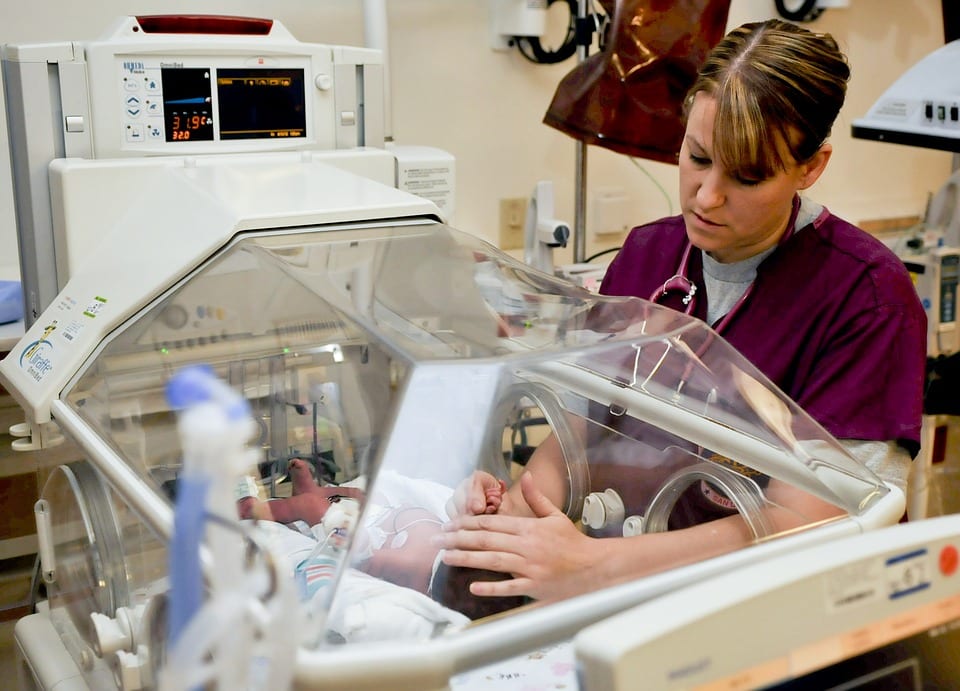
Expat Nurses in the UK May Be Sent Home
It is no surprise that the British National Health Service has found itself under increasing pressure in recent years. Since the shocking waiting times for hospital appointments became public knowledge a range of new policies have been introduced to try and shore up the NHS. However increased budget cuts, in order to slash the government budget deficit further, are causing ever more concern among senior officials.
Now, however, it seems that the UK’s own immigration laws could be coming under fire as many nurses may find themselves being expelled from the British Isles.
In order to separate short-term workers from long-term residents, the current UK rules state that expat workers are free to work for up to six years. However on their sixth anniversary within the UK they must be earning a minimum of £35,000 per annum. Without this work visas can be withdrawn and expat workers are then forced to return to their home country.
Over the last few years Britain has benefitted enormously from an influx of hard working and highly experienced nurses from overseas. It is important to state that these rules only affect nurses from outside the EU; European nurses will be free to remain in situ. However the reality of the situation is that many of our nurses arrive from countries outside Europe, such as the Philippines, and have helped to keep the burgeoning National Health Service afloat.
Sadly, many of them may be packing their bags shortly if changes to immigration rules are not relaxed for nurses. The reality of the situation is that very few nurses earn over the threshold salary, which will soon expedite their exit from the British Isles – and the NHS.
Debate rages over whether this is the right move or not. The Royal College of Nursing has raised serious concerns over patient safety with the exit of so many highly experienced nurses. Bearing in mind the money that has been spent on recruiting these expat nurses and that many of those affected will have six years of experience working the UK some authorities have also questioned the logic of losing such a workforce.
In order to allow these nurses to stay – a population that has been estimated at over 6,000 individuals – either their salaries would have to be increased significantly or, more likely, nursing would be added to an existing exemption list.
The Home Office, however, claims that it has been “recommended against” adding nurses to the Shortage Occupation List. At present, therefore, these rules seem unlikely to change.
Only time will tell how this policy will affect British health services, though nurses working in the UK who have arrived from outside Europe are advised to carefully consider their future – and what they might do in order to achieve the required salary levels to remain long term.
